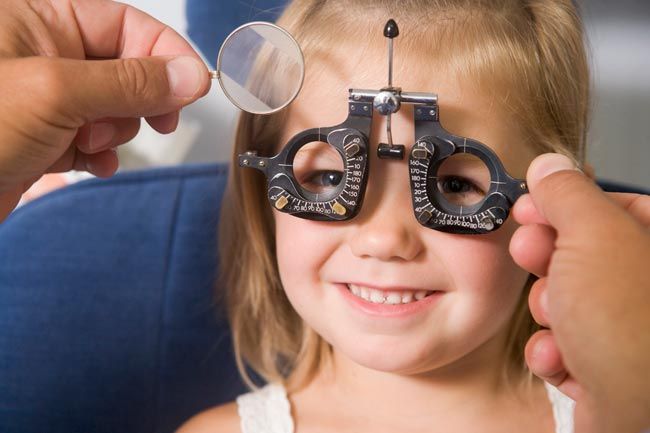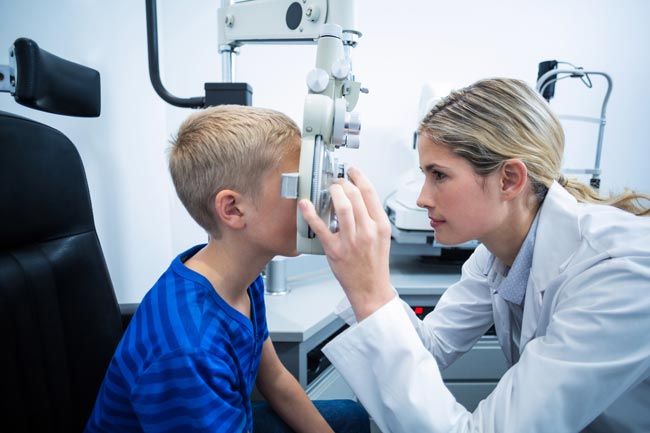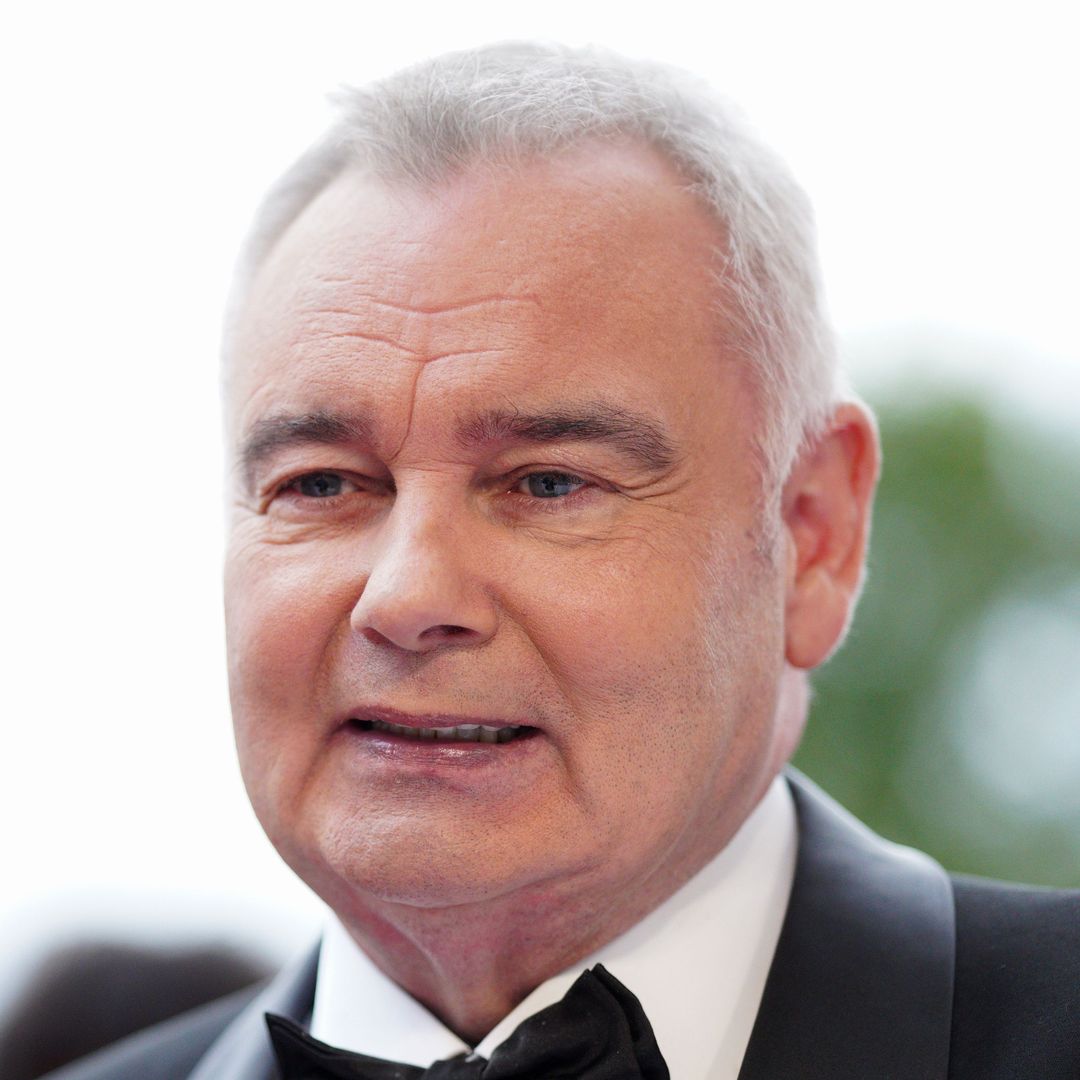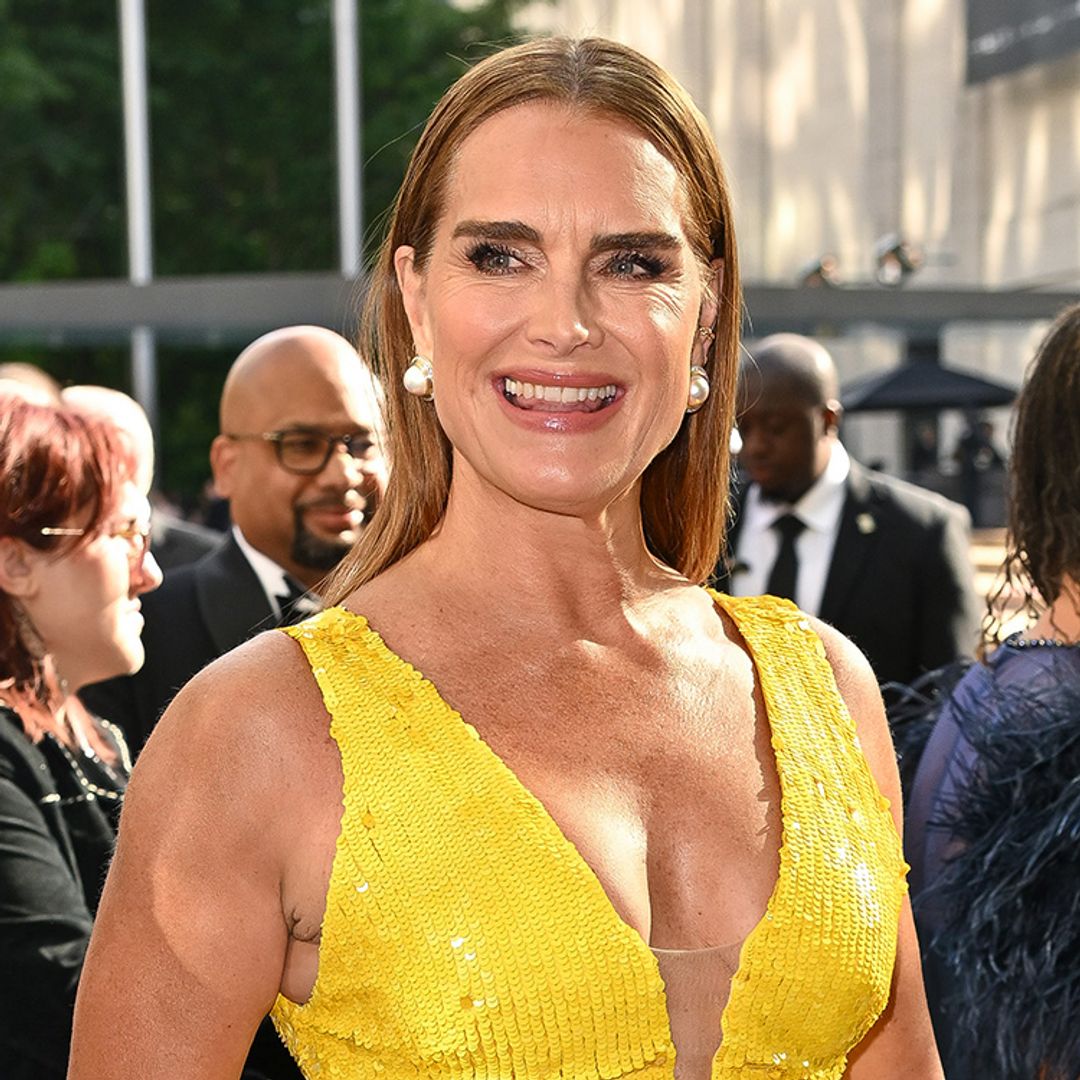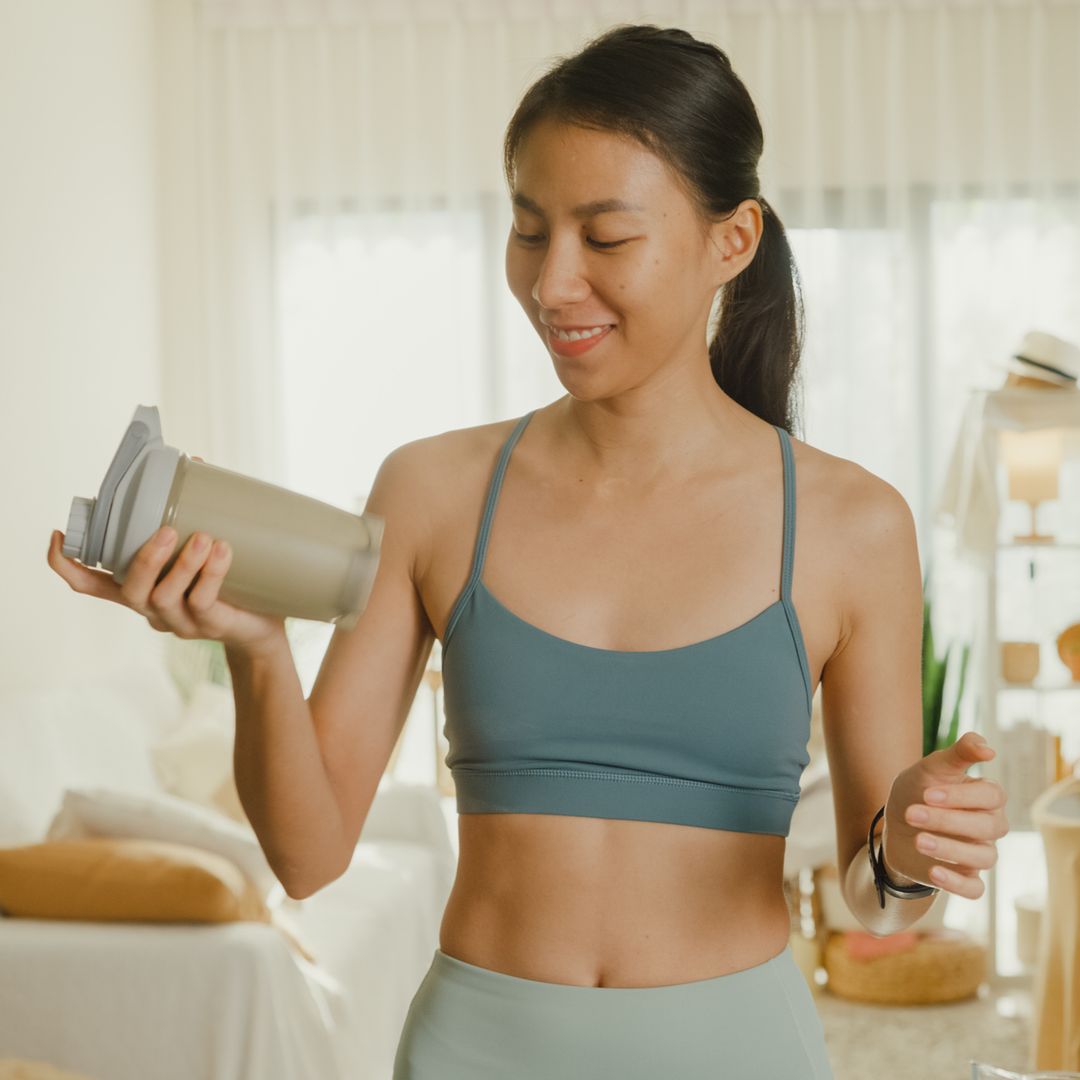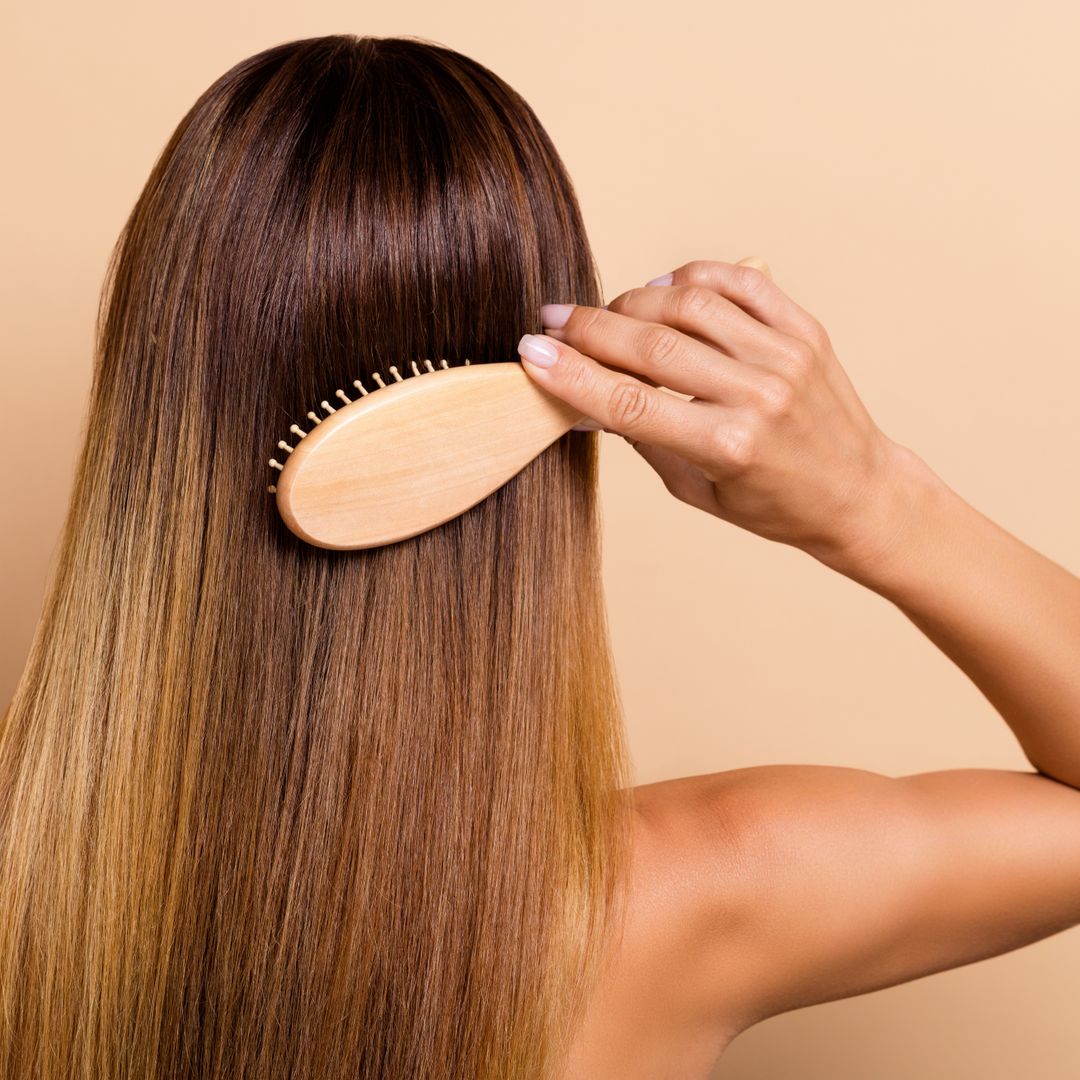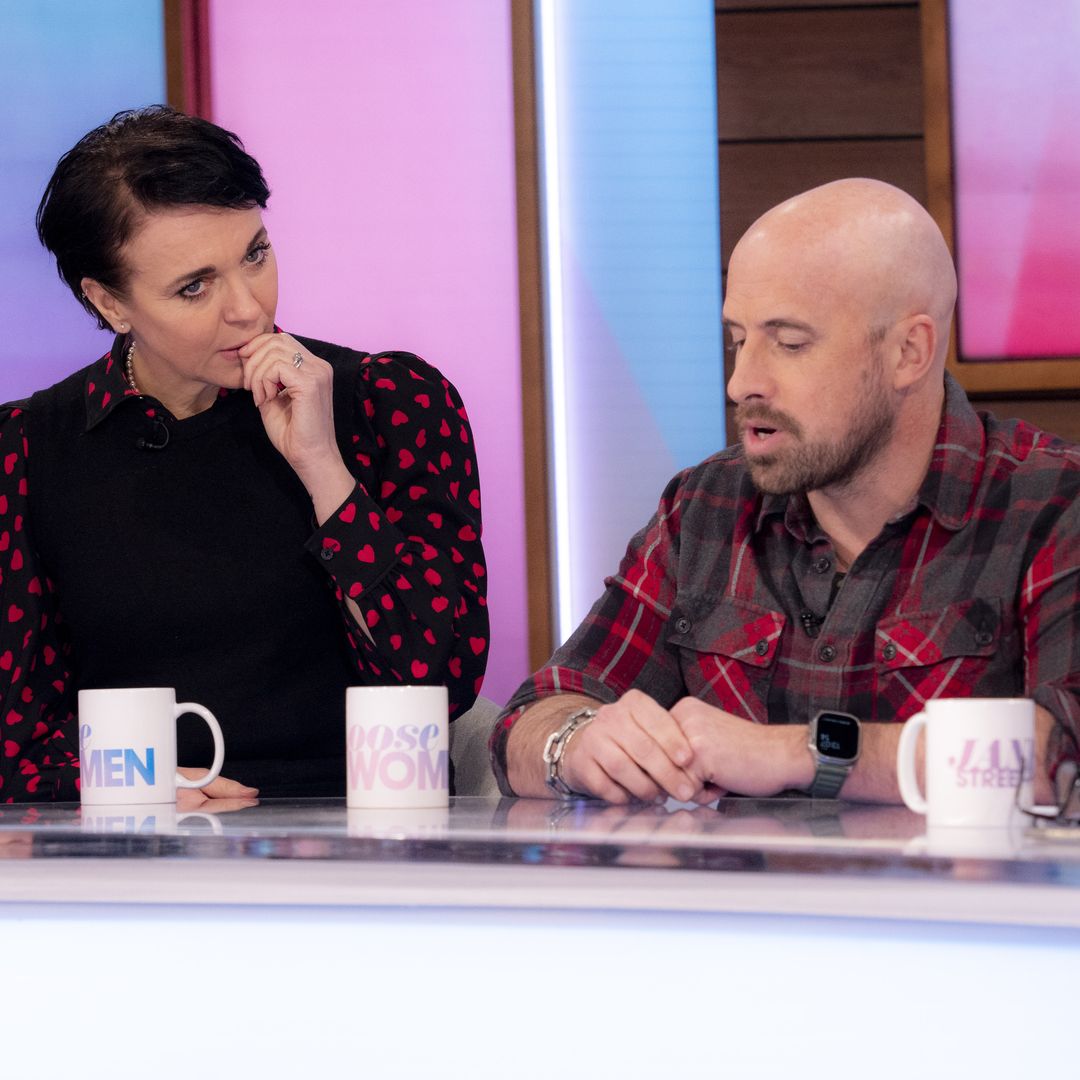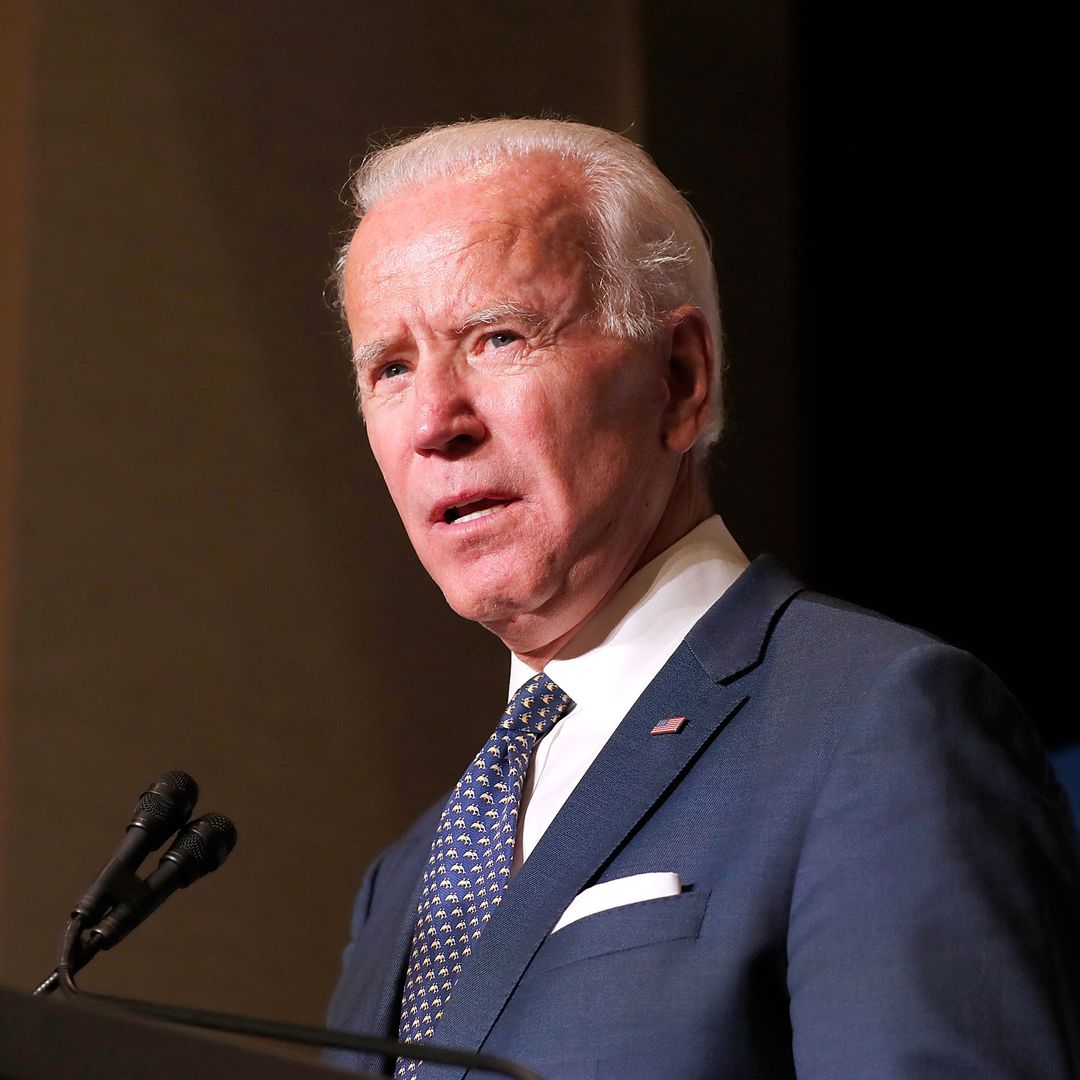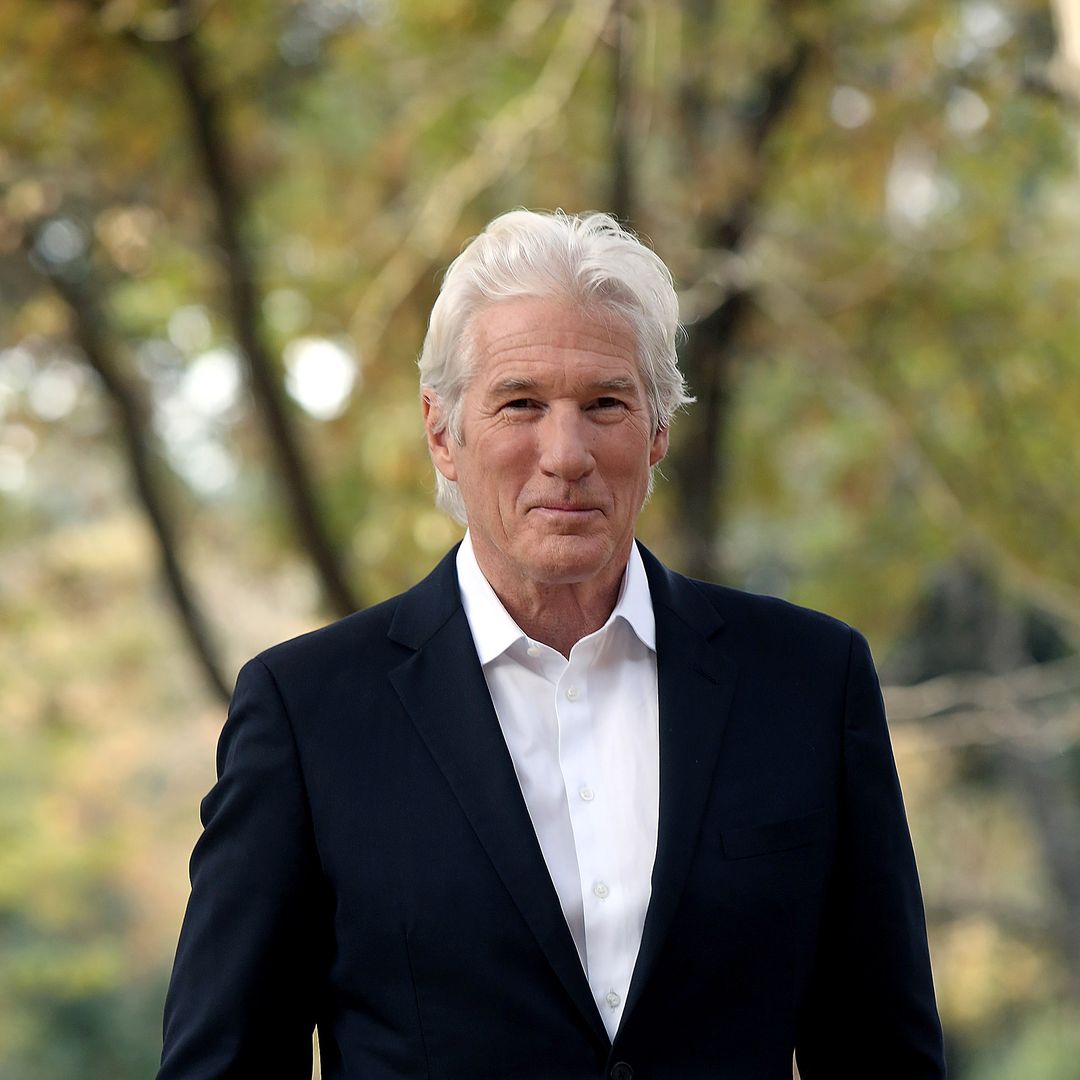There was nothing suggesting my son needed glasses – he didn’t get distracted in class and was doing pretty well in school but I knew general advice was to get eyes tested when they started school – and since he was 7 I was concerned I had been remiss (poor second born child – they never get such attentive parenting do they?!)
So I made an appointment at our local opticians and was somewhat surprised to discover that he was slightly longsighted (apparently fairly common in early childhood) – and would, according to the optician, benefit from glasses. The message was confused still further when I went to pick out some glasses a week later, having resigned myself to the fact that this was the only option, only to be advised by the person I spoke to at the glasses counter (same company, different branch) that if their child had been given the prescription mine had, he would definitely not give him glasses – he’d become reliant on them and would never be without them again.
MORE: How to help your children do well at school
So now what to do? After lots of research and some and a little soul searching, I was none the wiser, so (I’ll be honest) I stuck my head in the sand for six months. Finally, knowing I had to address the situation and make a decision one way or another, I decided to get to the bottom of my dilemma once and for all, and made an appointment with Specsavers (not the opticians I had originally been to) and asked for some expert advice from Dr Nigel Best, clinical spokesperson for the brand.
What should you look for in an optician?
My experience this time around was very different – so my first piece of advice to trust your gut instinct when dealing with opticians just as you would when finding the right GP. I needed explanations and to talk to someone I could really trust and I made this clear when I made the appointment. This time around I wanted to understand everything. The outcome was this: my son was still slightly longsighted, but he didn’t need glasses. The reason? Because he was experiencing no symptoms of eye strain and had no concerns in the classroom.
What happens during the eye test?
I felt I understood every part of the examination – and not only was his long and short sightedness tested by holiding different lenses in front of his eyes while he read out letters and words, but he was also assessed for colour blindedness and - importantly for us - 3D vision, something which hadn’t been done previously and was, my optician explained, often a good indicator of whether a child was coping with slightly sub-perfect vision or not. Mine had no problems with the test.
Your child will be tested for long and short sightedness
His vision would likely remain slightly longsighted, I was told, but that unless he started experiencing signs of tiredness, headaches or other symptoms that might suggest his visual system was struggling to work optimally, we need not worry about glasses at all.
This was a huge relief (well, for me – my son already fancied himself as a bit of a Harry Potter) but what about in general? What guidelines should other parents follow when it comes to getting their children’s vision tested – and when should this process start? Dr Best has the following advice.
At what age should children have eye tests?
At Specsavers, we recommend taking your child for their first eye test at around three or four years old – usually when they start school. However, there’s no hard and fast rule here so if you notice something unusual with your child’s vision then you should take them to see an optician as soon as you can.
CONTROVERSIAL! Is the youngest child really the most popular?
What symptoms might suggest a child needs glasses?
Tell-tale signs of vision problems among children are things like squinting, excessively tilting the head or covering one eye when trying to look at things, sitting very close to the TV or holding books close to their face, and complaining of headaches or sore eyes. A lot of people often ask whether their children need to be able to read and recognise letters in order to complete an eye test – they don’t. Eye tests are adapted to include a range of visual tests that can detect any issues without a child being able to read.
Why is eight a key time in childhood in regard to children’s vision?
The age of eight is around the point where any issues or problems with a child’s eye sight can become permanent and non-correctable. What many people don’t realise is that before eight, most minor eye conditions like squints and lazy eyes can be addressed and corrected. This is why it’s so important to ensure your child is having regular eye tests, so that any conditions can be spotted, monitored and treated.
3D vision and colour blindedness is also tested
If your child has a minor prescription requirement in one or both eyes but shows no symptoms of eyestrain, do they need glasses?
It’s very common for a child to be found to have a weak prescription but no spectacles are required as they are having no visual problems.
NEWS: Watching TV isn't bad for your kids
Once a child has started wearing glasses will their eyesight continue to get worse?
It depends, some children will be long-sighted, this tends to remain fairly stable. Others might be short-sighted, this tends to worsen with time typically stabilising by their late teens.
Which eye tests should be done at your check and which are the most important?
The optometrist will ask questions to identify any visual problems the child might be having. They will then check the child’s vison before carrying out a refraction which will identify any long or short sight. An eye health check will be carried out and often checks that 3D and colour vison are normal. Advice will then be provided on the outcome of the tests.

